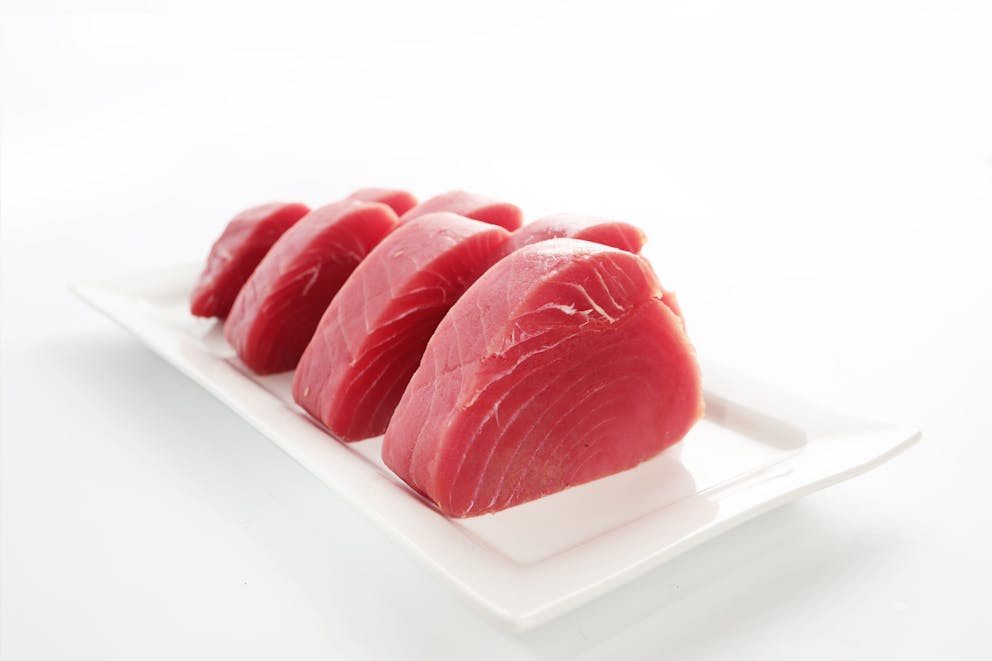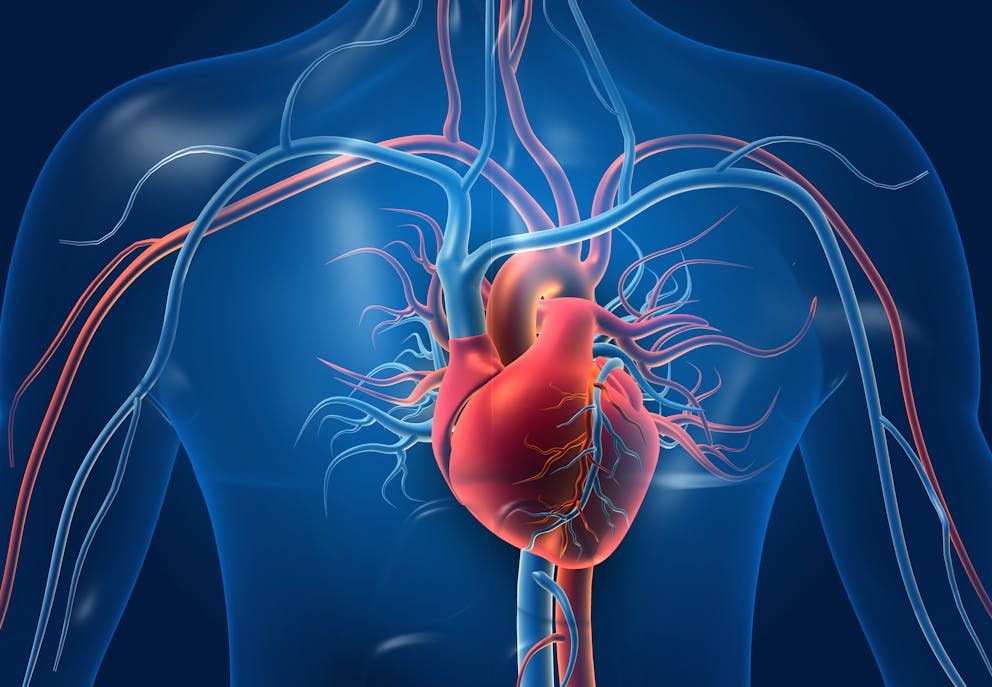Omega 3 Fatty Acids in Canned Fish
Picture this: you're strolling through the grocery store, eyeing the canned goods aisle. You pause at a shelf stacked with cans of sardines, wondering if these small fish could be as nutritious as people say.
Well, let me tell you, they are—and then some. Canned sardines are not just convenient; they're a powerhouse of Omega-3 fatty acids.
Embarking on this journey, we're unraveling the significance of Omega-3 fatty acids and spotlighting canned sardines as a nutritional titan amongst their marine counterparts such as tuna.
We'll also bust some myths about the canning process—spoiler alert: it doesn't zap away all the good stuff.
So stick around because, by the end of this article, you'll get savvy on squeezing more heart-healthy fats into your diet effortlessly with canned sardines and even snag a few tasty recipe ideas to start.
Unveiling the Omega-3 Powerhouse: Canned Sardines
Think again if you think canned sardines are just a humble pantry staple. Packed into these tiny swimmers is a colossal dose of Omega-3 fatty acids, pivotal for their monumental contribution to wellness.
But why should you care about Omega-3s? They're essential for heart health and brain function and reduce inflammation throughout the body.
Many people take supplements to boost their Omega-3 intake but overlook one of nature's richest sources—canned sardines. Packed with EPA and DHA (the most beneficial forms of Omega-3), a single serving can fulfill your daily recommended intake.
Plus, they're more sustainable and affordable than many other fish options.
To truly appreciate these benefits, discover more about how vital these fatty acids are for our well-being.
And if you're worried that canned means compromised quality, research shows that the canning process preserves the fish's nutritional value—including those all-important omega 3s.
The Science Behind Omega-3 Fatty Acids
Omega-3 fatty acids are like the unsung heroes of the dietary world. Found in foods such as fish, nuts, and seeds, these fats play crucial roles in your body. But what exactly makes them so unique? Let's break it down.
DHA and EPA: The Dynamic Duo
DHA (docosahexaenoic acid) and EPA (eicosapentaenoic acid) are two types of omega-3s that you should know about. These substances play a crucial role in aquatic delights such as salmon, mackerel, and tinned sardines.
Consider DHA the brain's nourishment, essential for keeping your neurons well-fed and functioning optimally. It helps keep the lining of your brain cells flexible so they can communicate with each other more effectively.
EPA steps into the spotlight when it comes to fighting inflammation. Inflammation is part of many chronic diseases, including heart disease and arthritis.
If you're curious about how these omega-3s impact heart health, this study provides some insightful reading. Incorporating foods rich in DHA and EPA into your diet could help maintain healthy blood pressure levels while reducing triglyceride levels.
Debunking Myths: The Canning Process
Let's unravel some myths about the canning process. Canned foods often get a bad rap due to misconceptions about their nutritional value and safety.
However, understanding the intricacies of canning can shed light on its benefits and debunk common misconceptions.
Dr. Berg's Revelation
Initially, Dr. Berg was skeptical about the omega-3 fatty acid retention in canned sardines, just like many of us. However, after delving into the intricacies of canning science, Dr. Berg's perspective took a complete 180.
The common belief that high heat from the canning process destroys all beneficial nutrients is a myth. Research shows that canned sardines retain most of their omega-3 fatty acids because these compounds are surprisingly resilient to heat and processing.
To understand more about how essential fats survive the canning process, Dr. Berg dove deep into scientific studies and found compelling evidence that supports this fact(National Center for Biotechnology Information).
This discovery debunked a widespread myth and highlighted how canned foods could be part of a nutritious diet.

Omega-3 Content in Canned Sardines vs. Tuna
Regarding Omega-3 fatty acids, not all fish are created equal. The debate between canned sardines and tuna is more than just a matter of taste; it's about the nutritional punch of each pack. Sardines might be the underdog champion in this sea battle.
A Nutritional Comparison with Canned Tuna
Canned sardines lead the race with their impressive Omega-3 content. Research reveals that these diminutive powerhouses boast substantially elevated quantities of EPA and DHA, outpacing their bulkier relative, tuna, in the nutritional stakes.
This difference isn't minor; we're discussing a gap wide enough to impact your diet positively.
Their small size and unique way of life account for the significant difference in nutrient profiles between them and larger fish like tuna. Sardines consume plankton-rich Omega-3s directly from marine ecosystems, absorbing more fatty acids than most fish, including tuna.
If you're aiming for a heart-healthy diet or looking to boost brain function, incorporating canned sardines into your meals could offer substantial benefits over choosing tuna.
Due to their diminutive stature, sardines present reduced mercury risks, making them an optimal choice for those prioritizing health and seeking nutrient-dense selections.
Incorporating Canned Sardines into Your Diet
Adding canned sardines to your meals isn't just about boosting Omega-3 intake; it's a journey of culinary exploration. These tiny fish are versatile, ready-to-eat powerhouses that can transform the simplest dishes into something extraordinary.
Simple Yet Delicious Recipes
Canned sardines are simple yet pack a hefty nutritional wallop, effortlessly elevating everyday meals. Try tossing them with pasta, fresh herbs, and a squeeze of lemon for an easy weeknight dinner.
Or mash them with avocado on toast for a quick, heart-healthy breakfast. For those who love bold flavors, consider creating a sardine-based tapenade spread over crusty bread or mixed into warm potato salad.
Unlock the full potential of these savory swimmers by pairing them with elements that elevate their innate flavors.
The Health Benefits of Regular Omega-3 Intake
Regular intake of omega-3 fatty acids is associated with a wide range of health benefits, making it an essential component of a balanced diet.
From supporting heart health to reducing inflammation and promoting brain function, omega-3s play a crucial role in overall well-being. Incorporating omega-3-rich foods or supplements into your daily routine can help harness these diverse benefits and optimize your health.

Supporting Heart Health and Beyond
Consuming foods rich in these fats, such as canned sardines, can help keep your ticker ticking smoothly by reducing inflammation and lowering blood pressure.
But their powers don't stop at the heart. Not only do these vital compounds keep your heart running like a well-oiled machine, but they're also key players in keeping your mind sharp and efficient.
They're involved in neurotransmitter signaling, which is crucial for cognitive processes and mental health.
Remarkably, research has discovered a connection between increased consumption of omega-3s and lower occurrences of mood disorders such as depression and anxiety.
Beyond just keeping our hearts healthy and minds sharp, omega-3s from sources like canned sardines support joint health, too. They can reduce morning stiffness and tenderness in joints—common symptoms for those dealing with rheumatoid arthritis.
So next time you pop open a can of sardines, remember you're doing more than just satisfying hunger; you're fueling your body with nutritional severe power.
Conclusion
So, diving into the world of Omega-3 fatty acids in canned sardines has been quite the journey.
Exploring this, you've discovered how these tiny swimmers are colossal in nutrition, brimming with fats that elevate heart and mind health.
Ditching myths about canning was crucial. Now you know: it preserves those precious Omega-3s. Comparing sardines to tuna? Sardines take the lead for Omega-3 content, hands down.
Incorporating them into your diet is a breeze with simple recipes we shared. Adding canned sardines to your meals isn't just tasty; it's a step towards better health.
To wrap up, make sure canned sardines are on your plate regularly. They're not just food but fuel for life’s long haul—thanks to those mighty Omega-3 fatty acids.
Previous blog
The Dangers of Using Baking SodaNext blog
How to Relieve a Stiff NeckTags

Popular
08/31/2023
11.6K views
08/31/2023
14.6K views
08/31/2023
145.3K views
03/18/2024
11/21/2022




